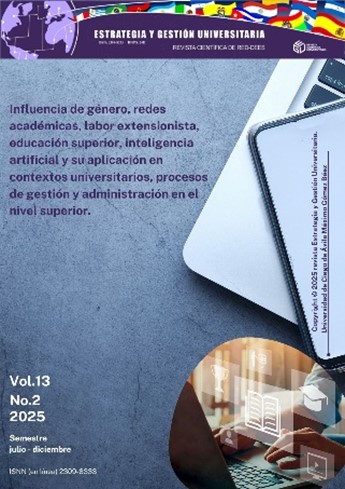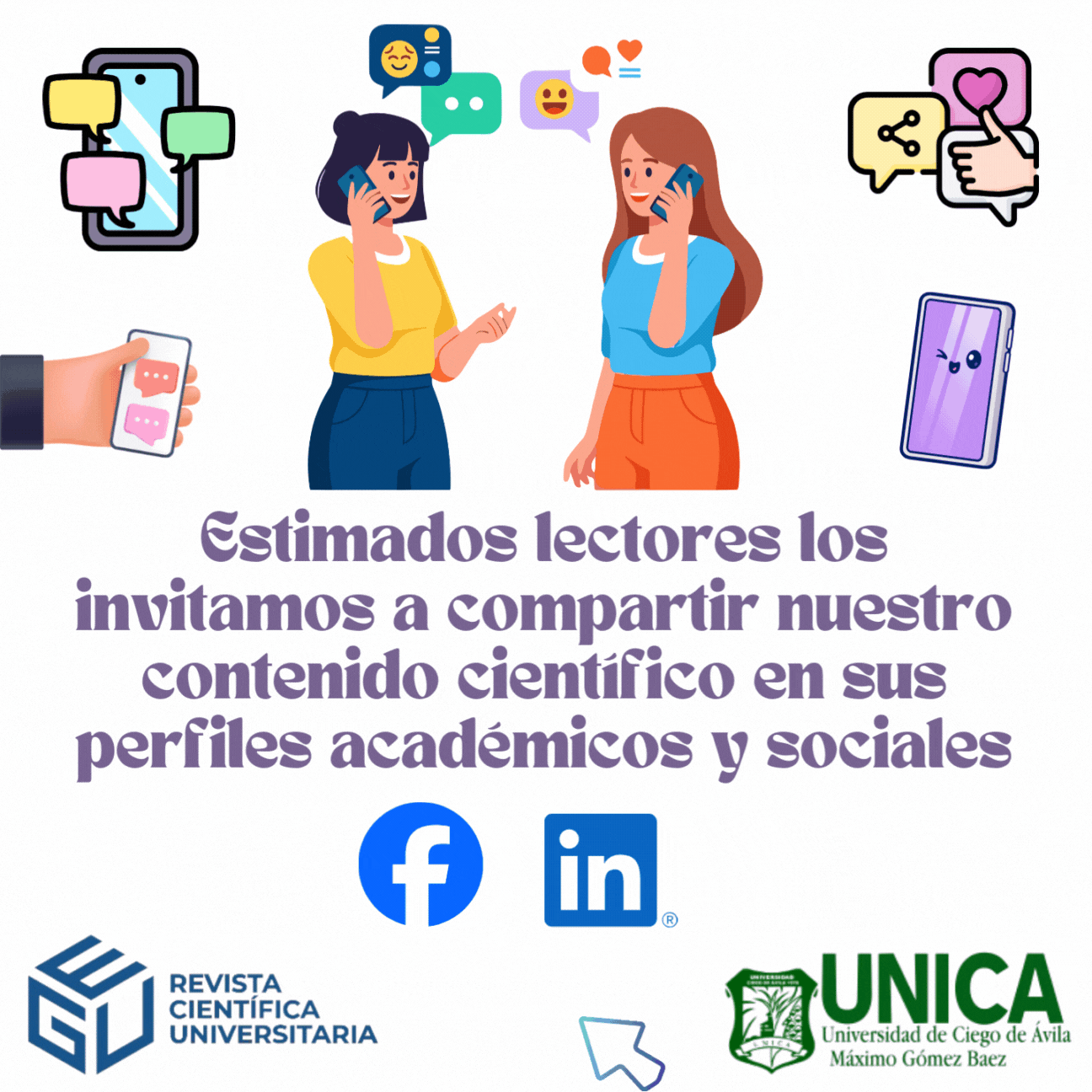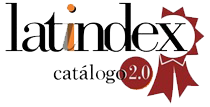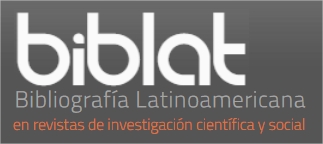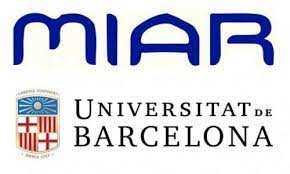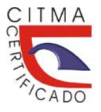Gestão de comunidade e identidade docente: o caso do Frenglish na formação de professores de língua estrangeira
DOI:
https://doi.org/10.5281/zenodo.17603426Palavras-chave:
gestão comunitária, identidade docente, formação de professores, aprendizagem-serviço, Objetivos de Desenvolvimento SustentávelResumo
Introdução: a identidade profissional do docente de línguas estrangeiras pode ser fortalecida por meio de experiências formativas que integrem a prática acadêmica com a ação comunitária. Objetivo: analisar o impacto da gestão participativa do projeto comunitário Frenglish, vinculado aos Objetivos de Desenvolvimento Sustentável (ODS) e centrado no ensino de inglês e francês em Santa Clara, Cuba, sobre a identidade profissional de professores em formação. Método: aplicou-se a pesquisa-ação participativa com 34 estudantes do curso de Línguas Estrangeiras e 16 tutores, avaliando: (a) mecanismos de gestão comunitária; (b) mudanças na autopercepção docente; e (c) aprendizagens para a formação contínua. Resultados: a corresponsabilidade entre universidade e comunidade fortaleceu competências reflexivas, liderança pedagógica e motivação intrínseca, favorecendo a construção de uma identidade docente comprometida com o desenvolvimento sustentável. Noventa por cento dos participantes relataram maior motivação e senso de liderança. Conclusão: projetos como o Frenglish reconfiguram o papel do professor em formação como agente de mudança socioeducativa, transcendendo o ensino linguístico para integrar ação social e reflexão crítica.
Downloads
Referências
Banegas, D. L., & Gerlach, D. (2021). Critical language teacher education: A duoethnography of teacher educators’ identities and agency. System, 98, 102474. https://doi.org/10.1016/j.system.2021.102474
Basantes, S. L., Bravo, L. E. C., Zambrano, Y. E. M., Encalada, D. C. T., & Encalada, A. V. T. (2025). Modelos de gestión educativa integral y su efectividad en la promoción de la calidad educativa: Revisión sistemática [Comprehensive educational management models and their effectiveness in promoting educational quality: Systematic review]. LATAM Revista Latinoamericana de Ciencias Sociales y Humanidades, 6(2), Article 2. https://doi.org/10.56712/latam.v6i2.3800
Bastardo, G. M. A., & González, T. J. G. (2023). Modelo educativo comunitário: Fortalecendo a educação desde a participação social. Revista Educação em Páginas, 2, e13292e13292. https://doi.org/10.22481/redupa.v2.13292
Bustamante-Mora, A., Diéguez-Rebolledo, M., Hormazábal, Y., Valdés, Y., & Vidal, E. (2024). Policies, projects, and initiatives for sustainable higher education with gender equity: Literature review and case study Universidad de La Frontera. Sustainability, 16(12), 5038. https://doi.org/10.3390/su16125038
Cardoso Rodríguez, D. R., Camacho Delgado, A. A., & Moré Rojas, G. E. (2025). Hilary Spicer: A bridge of love between Canada and Cuba. International Journal of Cuban Studies, 17(1), 100-106. https://doi.org/10.13169/intejcubastud.17.1.0005
Chavez Rojas, J., Faure Ñiñoles, J., & Barril Madrid, J. P. (2021). The construction of teachers professional identity: An analysis of subjective learning experiences. European Journal of Teacher Education, 46(2), 256-273. https://doi.org/10.1080/02619768.2021.1905627
Chiva-Bartoll, O., & Fernández-Río, J. (2022). Advocating for service-learning as a pedagogical model in physical education: Towards an activist and transformative approach. Physical Education and Sport Pedagogy, 27(5), 545-558. https://doi.org/10.1080/17408989.2021.1911981
Cuadra-Martínez, D., Castro-Carrasco, P. J., Oyanadel, C., & González-Palta, I. N. (2021). Teachers’ professional identity during university education: A systematic review of qualitative research. Formación Universitaria, 14(4), 79-94. https://doi.org/10.4067/S0718-50062021000400079
Cui, R., & Teo, P. (2020). Dialogic education for classroom teaching: a critical review. Language and Education, 35(3), 187–203. https://doi.org/10.1080/09500782.2020.1837859
Cumming, T. M., Bugge, A. S. J., Kriss, K., McArthur, I., Watson, K., & Jiang, Z. (2023). Diversified: Promoting co-production in course design and delivery. Frontiers in Education, 8, 1329810. https://doi.org/10.3389/feduc.2023.1329810
Deoksoon, K., & Li, M. (2020). Digital storytelling: Facilitating learning and identity development. Journal of Computers in Education, 8(1), 33-61. https://doi.org/10.1007/s40692-020-00170-9
Deressa, W., Tefera, Y., & Alemu, A. (2022). Analyzing the current English language teaching materials in line with the academic and professional needs and interests of diploma theology students. Asian-Pacific Journal of Second and Foreign Language Education, 7, Article 10. https://doi.org/10.1186/s40862-022-00137-6
Falcón, C., & Arraiz, A. (2020). Construcción de identidad profesional docente durante la formación inicial como maestros. Revista Complutense de Educación, 31(3), 329-340. https://doi.org/10.5209/rced.63374
Fang, F., Wang, X., & Fan, F. (2024). Identity development in transition: A duo ethnography of language teachers becoming teacher educators from an ecological perspective. TESOL Journal, 16, e70003. https://doi.org/10.1002/tesj.70003
Fernández Torres, M. A., & Camacho Delgado, A. A. (2025a). Hacia una metodología activa para perfeccionar la formación didáctica inicial en la enseñanza del francés. Revista Varela, 25(70), e2025257009. https://doi.org/10.5281/zenodo.15086678
Fernández Torres, M. A., & Camacho Delgado, A. A. (2025b). Transferencia de conocimientos y habilidades docentes en la formación didáctica inicial para la enseñanza del francés. Revista Conrado, 21(104), e4569. https://conrado.ucf.edu.cu/index.php/conrado/article/view/4569
Gajardo-Asbún, K. P. (2019). Estado del arte sobre identidad docente: Investigación de experiencias de profesores en formación y en ejercicio. IE Revista de Investigación Educativa de la REDIECH, 10(18), 79-93. https://doi.org/10.33010/ie_rie_rediech.v10i18.217
García, E. C. (2024). Peer feedback for teaching professional development: Conditions for it to take effect. Cogent Education, 11(1), 2391577. https://doi.org/10.1080/2331186X.2024.2391577
Huang, L., Li, S., Poitras, E. G., & Lajoie, S. P. (2021). Latent profiles of self-regulated learning and their impacts on teachers technology integration. British Journal of Educational Technology, 52(2), 695-713. https://doi.org/10.1111/bjet.13050
Iglesias Casal, M. I., & Ramos Méndez, C. (2020). Mediación y competencia comunicativa intercultural en la enseñanza del español LE/L2. Journal of Spanish Language Teaching, 7(2), 89-98. https://doi.org/10.1080/23247797.2020.1853368
Jiang, Z., Mok, I. A. C., & Yin, H. (2021). The relationships between teacher emotions and classroom instruction: Evidence from senior secondary mathematics teachers in China. International Journal of Educational Research, 108, 101792. https://doi.org/10.1016/j.ijer.2021.101792
Keahey, J. (2021). Sustainable development and participatory action research: A systematic review. Systemic Practice and Action Research, 34, 291-306. https://doi.org/10.1007/s11213-020-09535-8
Kisiołek, A., Karyy, O., & Нalkiv, L. (2021). The utilization of internet marketing communication tools by higher education institutions (on the example of Poland and Ukraine). International Journal of Educational Management, 35(4), 754–767. https://doi.org/10.1108/IJEM-07-2020-0345
Lo, M. M. (2019). Youth mentoring as service-learning in teacher education: Teacher candidates’ ethical accounts of the self. Teaching and Teacher Education, 80, 218–226. https://doi.org/10.1016/j.tate.2019.01.005
Mannes, A. (2020). The confused professional identity of native and non-native EFL teacher educators: Are they teachers or researchers? Athens Journal of Education, 7(4), 385–396. https://doi.org/10.30958/aje.7-4-4
Marco-Gardoqui, M., Eizaguirre, A., & García-Feijoo, M. (2020). The impact of service-learning methodology on business schools’ students worldwide: A systematic literature review. PLOS ONE, 15(12), e0244389. https://doi.org/10.1371/journal.pone.0244389
Martínez-Usarralde, M. J., Tarazona Gil, C., & Carbonell Marqués, Á. (2024). Revisión sistemática del aprendizaje-servicio digital en instituciones de educación superior en Europa. Revista Mexicana de Investigación Educativa, 29(103), 144–168.
https://ojs.rmie.mx/index.php/rmie/article/view/2
Murtagh, L., & Rushton, E. A. C. (2023). The role of teacher educator virtual communities of practice (VCoPs) in mobilising policy engagement: A case study of the initial teacher training market review from England. Asia-Pacific Journal of Teacher Education, 51(5), 480–498. https://doi.org/10.1080/1359866X.2023.2191306
Naciones Unidas. (2018). La Agenda 2030 y los Objetivos de Desarrollo Sostenible: Una oportunidad para América Latina y el Caribe (LC/G.2681-P/Rev.3). https://pactoglobal.org.mx/wp-content/uploads/2020/04/ODS-Metas-e-indicadores_compressed.pdf
Park, E. S., & Lee, H. (2022). “I want to keep my North Korean accent”: Agency and identity in a North Korean defector’s transnational experience of learning English. TESOL Quarterly, 56(1), 19–40. https://doi.org/10.1002/tesq.3016
Ruiz-Bernardo, P., Ferrer-Cascales, R., & Sánchez, S. (2021). Aprendizaje-servicio universitario en contextos de actividad física, educación física y deporte: Una revisión sistemática. Educação e Pesquisa, 47, e237446. https://doi.org/10.1590/S1678-4634202147237446
Rushton, E. A. C., Rawlings Smith, E., Steadman, S., & Towers, E. (2023). Understanding teacher identity in teachers’ professional lives: A systematic review of the literature. Review of Education, 11(2), e3417. https://doi.org/10.1002/rev3.3417
Santoro Lamelas, V. (2020). The practice of action research on health in Latin America: A systematic review. Educational Action Research, 28(2), 293–309. https://doi.org/10.1080/09650792.2019.1566083
Skarli, J. B., & Stokke, M. (2025). Fostering value facilitation through situated learning in communities of practice. Public Management Review. Advance online publication. https://doi.org/10.1080/14719037.2025.2534721
Solari, M., & Martín Ortega, E. (2020). Teachers’ professional identity construction: A sociocultural approach to its definition and research. Journal of Constructivist Psychology, 35(2), 626–655. https://doi.org/10.1080/10720537.2020.1852987
Solórzano-Intriago, G. M., & Loor-Salmon, L. del R. (2023). Aprendizaje basado en proyectos para desarrollar habilidades productivas en la enseñanza y aprendizaje del inglés. Revista Estudios del Desarrollo Social: Cuba y América Latina, 11(2), 78–85. http://scielo.sld.cu/scielo.php?script=sci_arttext&pid=S2308-01322023000200001
Tajeddin, Z., & Keshvari, Z. (2025). Emotional tensions in identity transition from teachers to teacher educators: Voices from early-career teacher educators. Asian-Pacific Journal of Second and Foreign Language Education, 10(1), 14. https://doi.org/10.1186/s40862-024-00313-w
Wang, X., & He, Y. (2022). School EFL teachers’ research identity construction in the Chinese university–school community: A narrative inquiry. Frontiers in Psychology, 13, 897425. https://doi.org/10.3389/fpsyg.2022.897425
Xirofotou, E. (2025). Mediation as intercultural communication: A narrative review. World Journal of English Language, 15(3), 339. https://doi.org/10.5430/wjel.v15n3p339
Yanou, M. P., Ros-Tonen, M. A. F., Reed, J., Moombe, K., & Sunderland, T. (2023). Integrating local and scientific knowledge: The need for decolonising knowledge for conservation and natural resource management. Heliyon, 9(11), e21785. https://doi.org/10.1016/j.heliyon.2023.e21785
Zhu, D. (2022). English as a foreign language teachers’ identity and motivation: The role of mindfulness. Frontiers in Psychology, 13, 940372. https://doi.org/10.3389/fpsyg.2022.940372
Downloads
Publicado
Como Citar
Edição
Seção
Licença
Copyright (c) 2025 Estrategia y Gestión Universitaria

Este trabalho está licenciado sob uma licença Creative Commons Attribution-NonCommercial-ShareAlike 4.0 International License.

